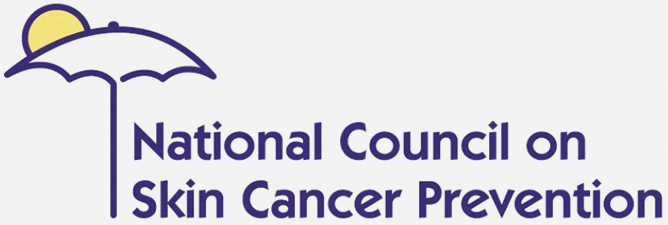What Causes Basal and Squamous Cell Skin Cancer?
A risk factor is anything that affects a person’s chance of getting a disease such as cancer. Different cancers have different risk factors. Some risk factors, like smoking, can be controlled. Others, like a person’s age or family history, can’t be changed.
But risk factors don’t tell us everything. Having a risk factor, or even many risk factors, does not mean that you will get the disease. And many people who get the disease may not have had any known risk factors. Even if a person with basal or squamous cell skin cancer has a risk factor, it is often very hard to know what part that risk factor may have played in getting the cancer.
These are risk factors for basal and squamous cell skin cancer:
Ultraviolet (UV) light
Sunlight is the main source of ultraviolet (UV) radiation, which can damage the genes in your skin cells. UV light is thought to be the major risk factor for most skin cancers. Tanning lamps and booths are another source of UV radiation. People with high levels of exposure to UV light are at greater risk for skin cancer.
The amount of UV exposure depends on the strength of the light, how long the skin was exposed, and whether the skin was covered with clothing and sunscreen. Many studies show that being exposed to a lot of sun when you are young is an added risk factor.
People who live in places with year-round, bright sunlight have a higher risk. For example, the risk of skin cancer is twice as high in Arizona compared to Minnesota. The highest rate of skin cancer in the world is in Australia. Spending a lot of time outdoors without covering your skin and using sunscreen increases your risk.
Fair skin
The risk of skin cancer is much higher for whites than for dark-skinned African Americans or Hispanics. This is because melanin helps protect against UV radiation. People with dark skin have more melanin. People with fair (light-colored) skin that freckles or burns easily are at extra high risk.
Older Age
The risk of basal and squamous cell skin cancers goes up as people get older. Older people have been exposed to the sun for a longer time. Still, these cancers are now being seen in younger people too, probably because they are spending more time in the sun without protecting their skin.
Men
Men are two times as likely as women to have basal cell cancers and about three times as likely to have squamous cell cancers of the skin. This could be because they spend more time in the sun.
Chemicals
Exposure to large amounts of arsenic increases the risk of skin cancer. Arsenic is a heavy metal used to make some insecticides. It is also found in well water in some areas. Workers exposed to industrial tar, coal, paraffin, and certain types of oil may have an increased risk, too.
Radiation
People who have had radiation treatment have a higher risk of getting skin cancer in the area that was treated. This can be a problem for children who have had cancer treatment.
Having Had Skin Cancer
Anyone who has had one keratinocyte cancer has a much higher chance of having another one.
Certain long-term or severe skin problems
Scars from bad burns, areas of skin over bad bone infections, and skin damaged by certain skin diseases are more likely to develop skin cancer; but this risk is fairly small.
Psoriaris Treatment
Some patients with psoriasis (a long-lasting inflammatory skin disease) are treated with psoralen and ultraviolet light treatments (PUVA). This can increase their risk of getting squamous cell skin cancer, and maybe other skin cancers, too.
Family Disease
Xeroderma pigmentosum: This very rare disease makes the skin less able to repair sun damage. This disease tends to run in families. People with this disease get many skin cancers, sometimes starting in childhood.
Basal cell nevus syndrome: This rare condition is present at birth. It causes some people to have many basal cell cancers. It often runs in families.
Weakened Immune System
People with weak immune systems are more likely to develop nonmelanoma skin cancer. For instance, people who have had an organ transplant often take medications to weaken the immune system so that the body cannot reject the organ. These people are more likely to develop nonmelanoma skin cancer. Skin cancers in people with weak immune systems tend to grow faster and are more likely to be fatal.
HPV Infection
A small number of skin cancers seem to be linked to infection with human papilloma virus (HPV). This group of viruses can cause warts. The warts are different from the common type of warts that people get on their hands and feet. The HPV-related warts are often in the genital area and around the anus. They are linked to skin cancers in these areas.
Smoking
Smoking is a risk factor for squamous cell skin cancer, but it is not a known risk for basal cell cancer.
Genetics
Scientists have found that certain people are more likely than others to develop skin cancer after sun exposure. In these people, certain parts of the normal cells are more sensitive to being damaged by sunlight.
